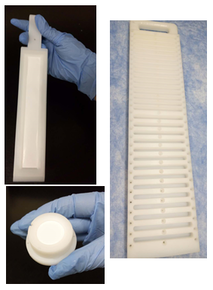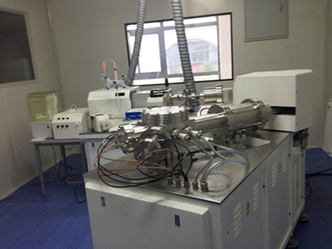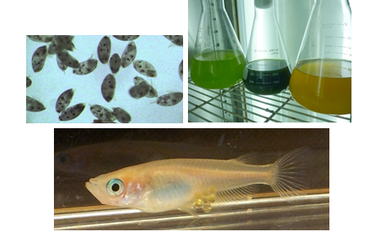Home research NEWS publication people opportunities contact
Our research focuses on issues of biogeochemistry and ecotoxicology of trace metals and PFAS that provide insights into the geochemical reactions and trophic pathways that support and advance environmental assessment, remediation and regulatory activities.
The content and opinions expressed on this Web page do not necessarily reflect the views of, nor are they endorsed by, the University of Georgia or the University System of Georgia.



